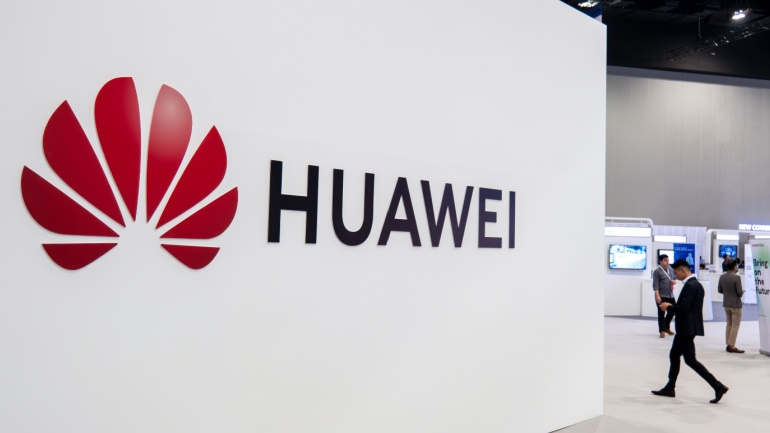Nokia and Viettel Group have inked a new commercial deal to deploy 5G infrastructure across 22 provinces in Vietnam. This collaboration enhances Viettel’s digital transformation efforts and modernizes its 4G network with Nokia’s 5G AirScale portfolio, including Massive MIMO radios.
Indian operator Bharti Airtel has significantly expanded its 5G network to encompass 140,000 villages across India. This initiative highlights Airtel’s commitment to enhancing digital connectivity in rural areas. Already covering 800,000 villages with its 4G network, Airtel’s expansion accelerates their mission of providing high-speed internet across India, supported by both 4G and 5G technologies.
Reliance Jio Infocomm has partnered with OnePlus to validate 5G network slicing at a new 5G lab in India. This innovative technique divides a single physical network into multiple virtual networks, enhancing the 5G experience.
Nokia partners with Rockwell Automation to test private 5G on the CBRS band, enhancing industrial automation using EtherNet/IP protocols. With successful integration of time-sensitive networking and ultra-reliable low-latency communications, this collaboration signifies a breakthrough for Industry 4.0 applications. Discover how private 5G network solutions are transforming industrial automation and connectivity.
Huawei saw its revenue soar 34.3% to CNY417.5 billion ($58.8 billion) in the first half of the year, boosting net profit by 17.8% to CNY54.9 billion. Despite a slight dip in profit margins, Huawei aims to enhance business resilience and optimize its portfolio. Their innovative 5.5G network promises to revolutionize VoIP technology.
Nokia has secured a crucial agreement with Claro Argentina to deploy 5G infrastructure nationwide, positioning Nokia as the sole supplier. This collaboration aims to revolutionize connectivity, focusing on Argentina’s largest cities. By leveraging Nokia’s cutting-edge 5G AirScale technology, encompassing base stations and massive MIMO radios, this initiative promises unparalleled performance and reliability.
The government of Peru’s innovative plan to allocate 5G spectrum to telecommunication operators prioritizes coverage expansion over cash payments. This initiative aims to accelerate the deployment of 5G standalone technology, particularly in underserved rural areas. This regulation enhances infrastructure growth while reducing financial burdens, promising to reshape Peru’s telecom landscape.
NTT Docomo is set to launch New Radio dual connectivity technology, offering download speeds up to 6.6 Gbps using 5G Standalone architecture. Utilizing sub-6GHz bands and mmWave, this VoIP-enhancing tech will debut in Tokyo and Kanagawa starting August 1.
Vodafone has outlined a strong case for equipping UK public buildings with 5G-enabled technology. The ‘Connected Spaces’ report highlights how digital twins, IoT, and smart sensors can save the public sector £580 million annually. By integrating these technologies, Vodafone promises significant energy efficiency and reduced CO2 emissions, aiding sustainability goals.
Bharti Airtel is re-farming its mid-band spectrum to handle increased 5G network traffic. By reallocating spectrum from 4G services, Airtel aims to support growing 5G demands. This strategic move enhances both Standalone and Non-Standalone 5G modes, offering better connectivity and paving the way for innovative VoIP solutions across India.













